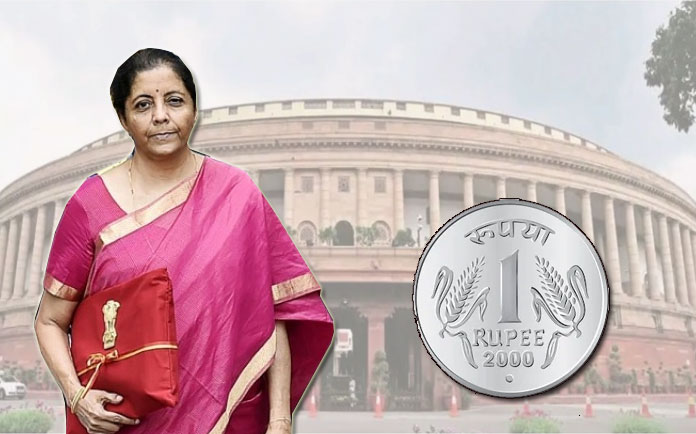- Air india, Hindustan Petroleum etc for sale
- Finace Minister budgets Rs. 1.75 lakh crore from disinvestment
After Yashwant Sinha, it is Nirmala Sitharaman who gave (or tried to give) a big push to privatization as union finance minister. Yashwant Sinha, as finance minister in Atal Bihari Vajpayee’s cabinet, presented 1998 budget. He told the Parliament that he wished to bring down the Union government’s stakes to less than 50 per cent so that the burden of management would lie with private sector. Vajpayee government followed this policy during its tenure, 1999-2004. In 2004 – 2014, Manmohan Singh’s government was not very enthusiastic in disinvestment. Though Dr. Singh was out and out reformist, he depended on Sonia Gandhi who in turn followed the advice of leaders who were not well disposed towards reforms. Prime Minister Narendra Modi in his first term was not prepared for disinvestment or to undertake second generation economic reforms. The steps he had taken to demonetize and centralize taxation had mixed results.
Also Read: Poll-bound States get sops in Niramala’s budget
Nirmala Sitharaman, presenting her third budget in a row, on Monday, said the government will be present only in four core sectors and exit from others. The four sectors are: atomic energy, space, defence transport and telecommunication,; petroleum, power, coal and other minerals; banking, insurance and financial services. All the Central Public Sector Enterprises (CPSRs) will be privatized, she said.
What the finance minister said exactly was, “in four areas, a bare minimum number of firms will be retained and the rest will be privatized. In other sectors all firms will be privatized.” She also said the government has a roadmap for disinvestment in strategic as well as non-strategic sectors.
Modi government in July 2020 did some exercise to indentify sectors in which there could be strategic disinvestment. It had prepared a list of 18 sectors which can be called strategic. The Department of investment and Public Asset Management (DIPAM), functioning under the Union finance ministry submitted a proposal to the Cabinet redefining public sector participation in commercial sector enterprises. While doing so, it has classified 18 strategic sectors. Government would retain minimum stakes in crude oil, gas, coal, minerals, metals, defence equipment etc. The number of strategic sectors were brought down to four from 18.
The idea is the private sector would infuse private capital, cutting edge technology, innovation and best management practices. Revenue generated by unlocking resources by strategic disinvestment of public sector enterprises could be used to finance social sector and development works. Nirmala Sitharaman had budgeted Rs. 1.75 lakh crore as receipt from disinvestment for 2021-22.
Also Read: Niramala addresses farmers, elections, senior citizens
During the Vajpayee regime, the public sector enterprises that were privatised were: VSNL, BALCO, Hindustan Zinc, Maruti Suzuki etc. While the government exited Maruti Suzuki completely, it had retained small stakes in Hindustan Zinc and BALCO. The enterprises that are likely to be privatized hereafter are: Air India, Shipping Corporation of India, Container Corporation of India, IDBI Bank, Bharat Petroleum Corporation Ltd, Pawan Hans. The finance minister herself named these entities.




